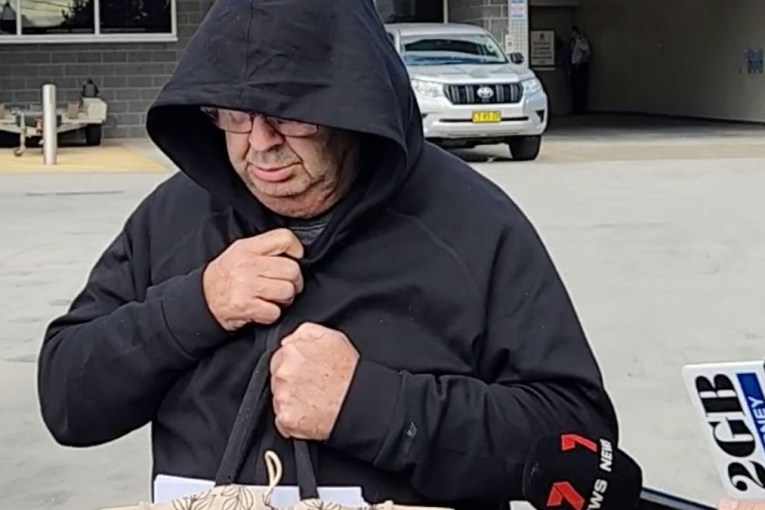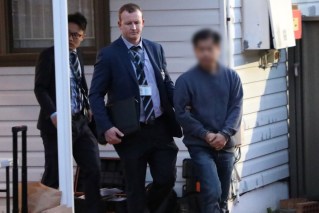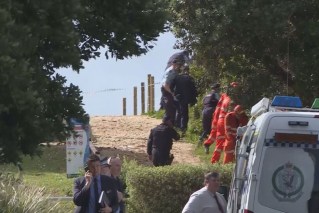Xie ‘planted evidence’
He bought a hammer from a two-dollar shop, knew martial arts and was open to planting DNA on a dead man.
These are among a series of conversations that accused Lin family murderer Robert Xie allegedly had with a fellow prisoner at Long Bay, his trial has heard.
Lian Bin “Robert” Xie is accused of wielding a “hammer-like weapon” when he murdered his brother-in-law’s family at their Epping home in Sydney’s northwest in the early hours of July 18, 2009.
The bodies of the newsagent Min Lin, 45, his wife Lily, 44, her sister Irene, 39, and their sons Henry, 12, and Terry, nine were found later that day.
Xie has pleaded not guilty.
In the second day of his opening address, crown prosecutor Mark Tedeschi QC told the Supreme Court jury on Monday that Xie was charged with the murders in 2010 and taken to Long Bay prison.
It was here the Crown alleges that Xie befriended a fellow inmate – known only as Witness A – and began a series of conversations in which he confided a number of things about the murders.
Among these was an alleged confession about how he had purchased a hammer from a two-dollar shop and that he knew where this hammer had been either disposed of or hidden.
Mr Tedeschi said Xie also revealed he had martial arts training and “demonstrated on Witness A a pressure point in the neck which meant he could easily incapacitate his victims”.
Then, just before Xie had a committal hearing in July 2012 – the 50-year-old is alleged to have spoken with Witness A about embarking on a Plan B if the local court proceedings weren’t successful.
This would entail Xie employing a contact of Witness A – a funeral parlour director called “Harry” – to extract DNA from a dead Chinese man.
Witness A told Xie that “Harry” would then plant this DNA on the murder weapon.
Mr Tedeschi said Xie never disclosed the location of the murder weapon, telling the inmate that he wanted to see what happened at the committal hearing.
But it’s alleged Xie then floated the idea of “Harry”, who was in fact an undercover police officer, finding a dead man called “Rob” and planting DNA on him.
Lily, the court heard, suffered from a mild mental illness, which involved her imagining she was embroiled in affairs with men, Mr Tedeschi said.
In the year before her death she had written about an affair with a man called Rob.
The court heard Witness A recorded these conversations for police and in turn received a heavy discount on his sentence.
The trial continues.
-AAP







